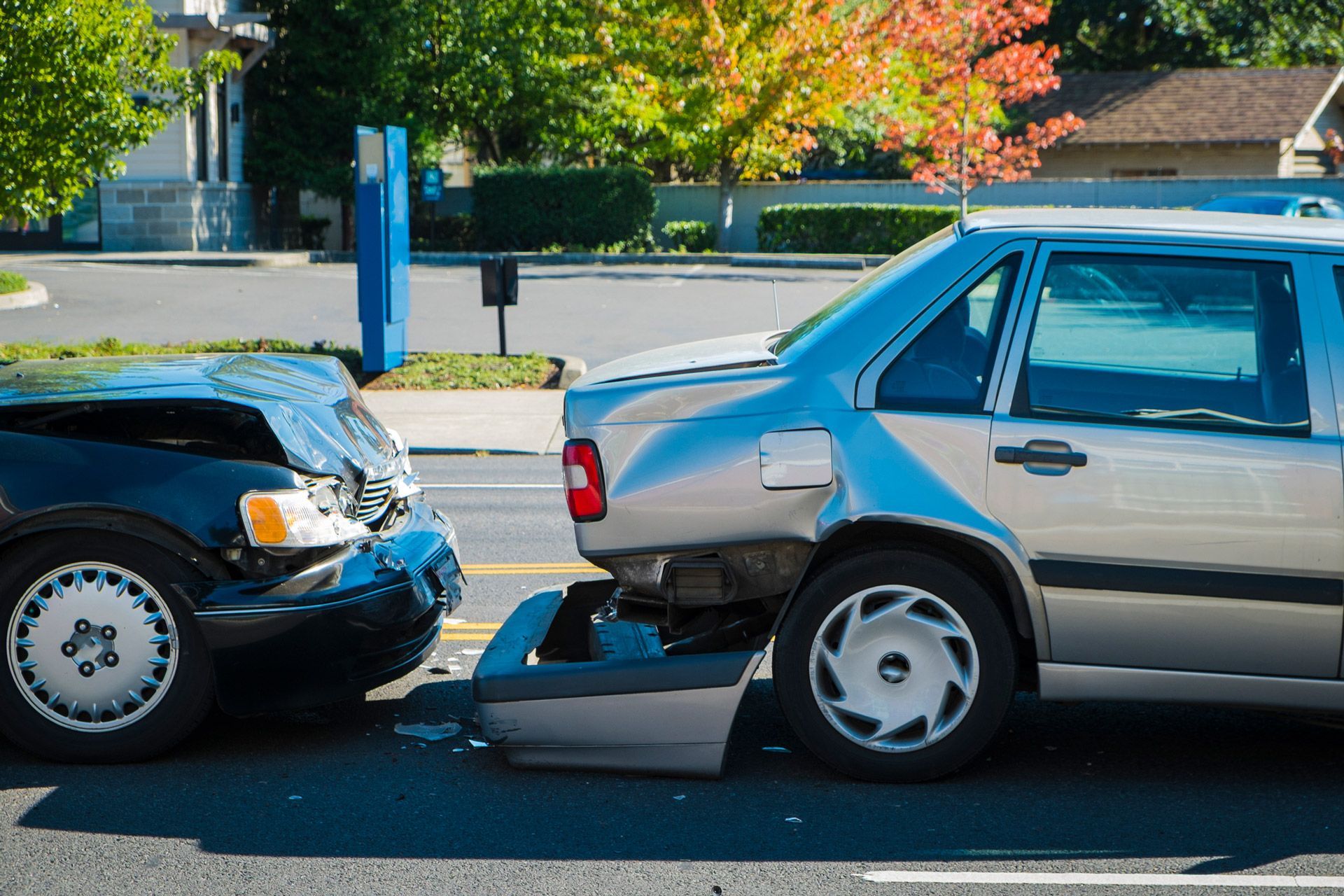Insurance Changes and Recovering Lost Wages
As a reminder, the minimum coverage in Nevada will increase on July 1st. On June 1, 2017, the State of Nevada enacted Senate Bill 308 SB308) increasing the minimum insurance limits each driver is required to carry.
Effective July 1, 2018 , the minimum insurance limits will increase to 25/50/20 ($25,000 per person/$50,000 per accident for bodily injury liability and $20,000 for property damage liability) . For more questions regarding this increase, please feel free to contact an experienced Las Vegas Personal Injury Attorney at Craig P. Kenny & Associates .
Currently the state law requires a driver to carry 15/30/10 ($15,000 per person/$30,000 per accident for bodily injury liability and $10,000 for property damage). Nevada was one of the few states remaining that offered such low limits.
I encourage you to speak with your insurance agent as soon as possible to discuss your coverages. If ever in doubt, always buy medical payments’ coverage and uninsured motorist coverage. This is so important, I will repeat myself. Always buy medical payments’ coverage and uninsured motorist coverage. Do not let your insurance agent talk you out of buying either one of these necessary coverages. If you ever have to use these two coverages one time, they will pay for themselves. Please never compromise because after an accident it is too late to retroactively go back and add coverage that you may need.
If you were seriously injured in an accident, you may be unable to return to work. This can take a devastating toll on your personal finances. If your injuries were caused by the negligence of another person or entity (such as a business or government agency), you have a right to be compensated for the income you lost while recovering from your injuries. However, it is important to know exactly what you are claiming. It is also important to verify what you are claiming. Pure speculation will not help when accessing how much income is lost because of an accident.
Recovering Damages Following An Accident
There are two ways to recover money damages for lost income after an accident: one is to file a personal injury claim with the at-fault party’s insurance company, and this might be resolved prior to litigation. The other is to file a personal injury lawsuit against the at-fault party in court. In Nevada you must file a lawsuit within 2 (two) years or you will be forever barred from recovery.
In addition to lost wages, you may be entitled to lost compensation in your personal injury settlement. It is important for you to understand the difference between lost wages and lost compensation, so that you do not undervalue your personal injury claim while negotiating a settlement with the insurance company. The term lost income refers to both lost wages and lost compensation. Lost wages is the amount of money your employer pays you for your work, which typically comes in the form of a company check or direct deposit to your bank account. Most people are paid by their employers weekly, bi-weekly, or monthly. Since many clients work in a casino and also get tokes (tips), it is important to keep track of the lost tips as well.
Lost compensation is any other financial benefits of your employment, plus your earning capacity. For the purposes of a personal injury claim, lost compensation may include any sick or vacation days you used while recovering from your injury, pay bonuses you would have earned, and any other perks of employment you did not receive during your recovery period. It is also important to note any promotion or advancement that was missed because of an accident. Without adequate proof of lost income, the insurance company will not be willing to offer you compensation for lost wages and lost compensation. You will need to provide evidence that any time you spent away from work was justified based on the severity of your injuries and the course of treatment recommended by your doctor. There are two key pieces of evidence you need to gather in order to secure compensation for lost income: a prescription from your doctor taking you off of work, and a letter from your employer detailing the amount of wages and compensation you lost as a result of your injuries. You can also include past paychecks or W-2’s to establish the amount of your lost income. This is especially true if you are self-employed and have no one to adequately verify your income.
If your business is not very complicated, you should be able to calculate your lost income using your tax returns for the past several years. If your business has been relatively steady, you can average your tax returns from the past two or three years and use this as a basis for calculating lost income. If your business has been growing steadily, you can include the average rate of growth in your lost income calculation.

The main focus is to recover all money to which you are entitled. Keep accurate records so that we can help you receive the most money on your case. We appreciate the opportunity to represent you, and we appreciate your referrals.
Sincerely,
Craig P. Kenny & Associates
The post Insurance Changes and Recovering Lost Wages appeared first on Craig P. Kenny & Associates.






















